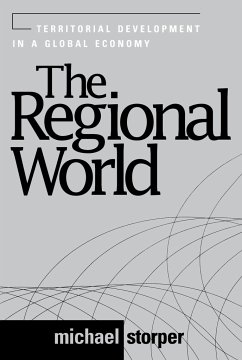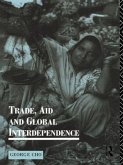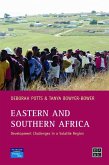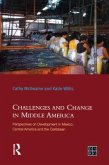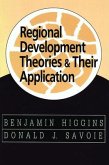This pioneering volume proposes a compelling new theory of how regions have sustained their economic viability in the era of multinational corporations. Unlike traditional approaches, which analyze economic systems in terms of their mechanics (inputs, outputs, prices, technology, etc.), this work views them as systems for coordinating human actions and relationships. Reconceptualizing the role of learning, technology, and local institutions in development, Storper illuminates the key role of regional economies as building blocks of the increasingly connected world. A thought-provoking and timely work, "The Regional World" carries resounding implications for educators, students, and policymakers in economic geography, economic sociology, and international business. It is an essential primary or supplementary text for graduate-level courses on economic, regional, or industrial development and policy and international business.
Hinweis: Dieser Artikel kann nur an eine deutsche Lieferadresse ausgeliefert werden.
Hinweis: Dieser Artikel kann nur an eine deutsche Lieferadresse ausgeliefert werden.

